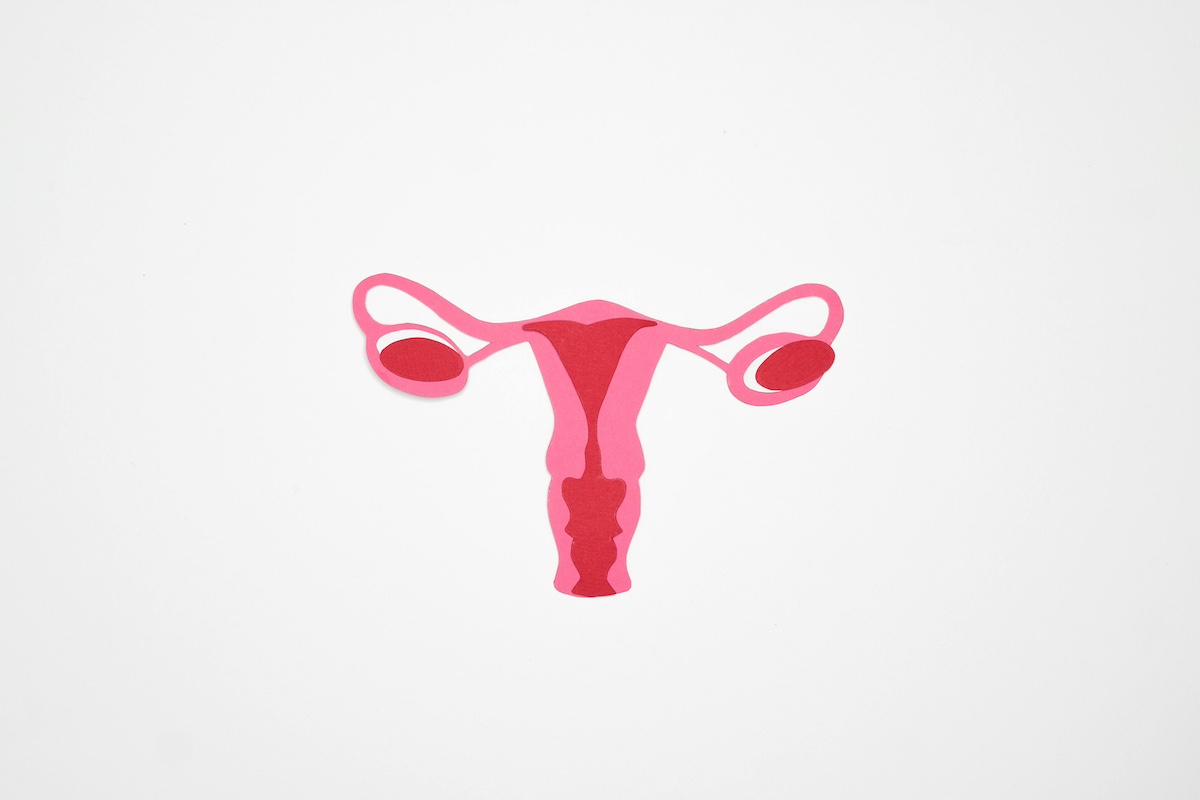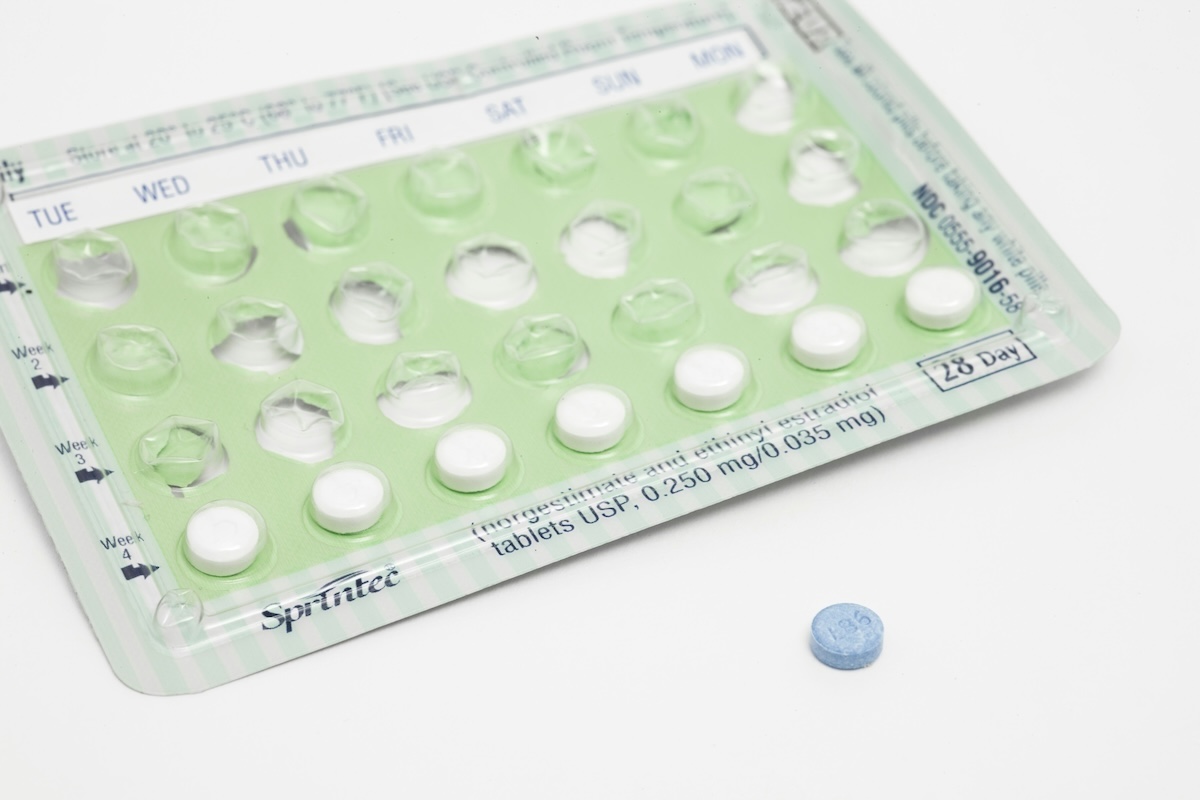I read (and greatly enjoyed) Emily’s Expecting Better, but have one lingering question that wasn’t answered in the book. It pertains to fertility declining around the age of 35. I started my period later in life, when I was 17 years old. I’m currently 34 and just finished having baby #2 and plan to have one or two more babies. I’m curious if starting my period later in life means that I’ll have more eggs or better fertility past when most women start to decline. Any studies looking into this?
—Late Bloomer
If we think about female fertility, it would make sense that women who start their period later would be fertile later into their 30s and early 40s and have menopause later. After all, we know baby girls are born with all the eggs they will ever have in their ovaries awaiting the hormonal signal to mature decades later. If that signal comes early, say, at age 10, or late, at age 17, logic suggests that those differences in timing should impact the timing of other events like menopause down the road.
Researchers have explored this question and come up with different answers. In a review of the data regarding the link between age at menarche — the first menstrual period — and age at menopause, the authors reviewed 36 studies. Of those studies, only 12 found a significant association between age at menarche and age at menopause. Ten studies found a direct relationship — later menarche predicted later menopause — and two found an indirect relationship — later menarche predicted earlier menopause.
Of those 12, only two studies collected data prospectively, meaning they followed girls and women over many years, collecting data about their periods at the time that those events happened. All the other studies relied on women’s recall of their age at menarche. This introduces some error into the data.
Let me explain. I routinely ask women in their 40s, 50s, and 60s when they had their first period. I typically get an answer like, “Oh gosh! I don’t know, 13 or 14?” For many women, it isn’t easy to recall with certainty exactly how old they were, particularly if they did not get their period very early or very late.
One of the studies that found a direct relationship between age at menarche and age at menopause was a study of Chinese women born between 1930 and 1960. Women who had menarche after age 14 also had their last menstrual period later. However, this group had remarkably short reproductive lives; their average age at menopause was only 49 years, compared with 51.4 years of age seen in large longitudinal studies. The authors note that this group of women grew up in a unique environment that likely impacted their age at menarche and shortened their reproductive lives.
This study illustrates why it is so difficult to demonstrate an association between age at menarche and age at menopause. A vast number of factors influence both age at menarche and age at menopause, including genetics, epigenetics — that is, how genes are turned on and off in our cells — and environment. Some of these factors are well understood. For example, women who have had more pregnancies go through menopause later on average. Other factors are poorly understood.
The takeaway: There are many factors that impact the age at which we get periods, our fertility, and the age at which we experience menopause. But there does not appear to be a strong association between the age at which we start our period, how long we are fertile, and when we can expect to go through menopause.
Community Guidelines














Log in
Is there data though on longer egg quality if you got your period 14 or later, even if menopause arrives at the same time? Fewer good eggs lost at the same age?